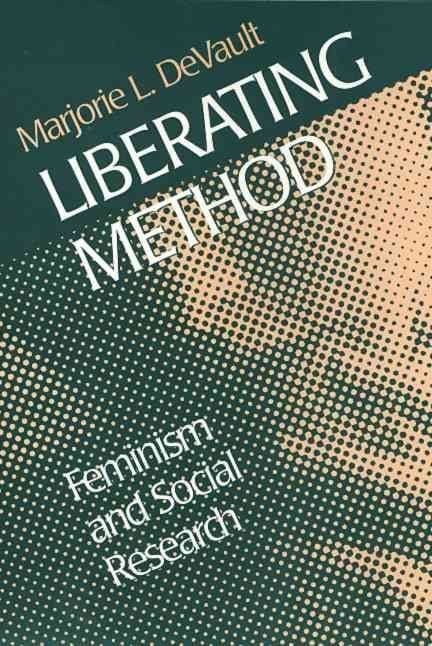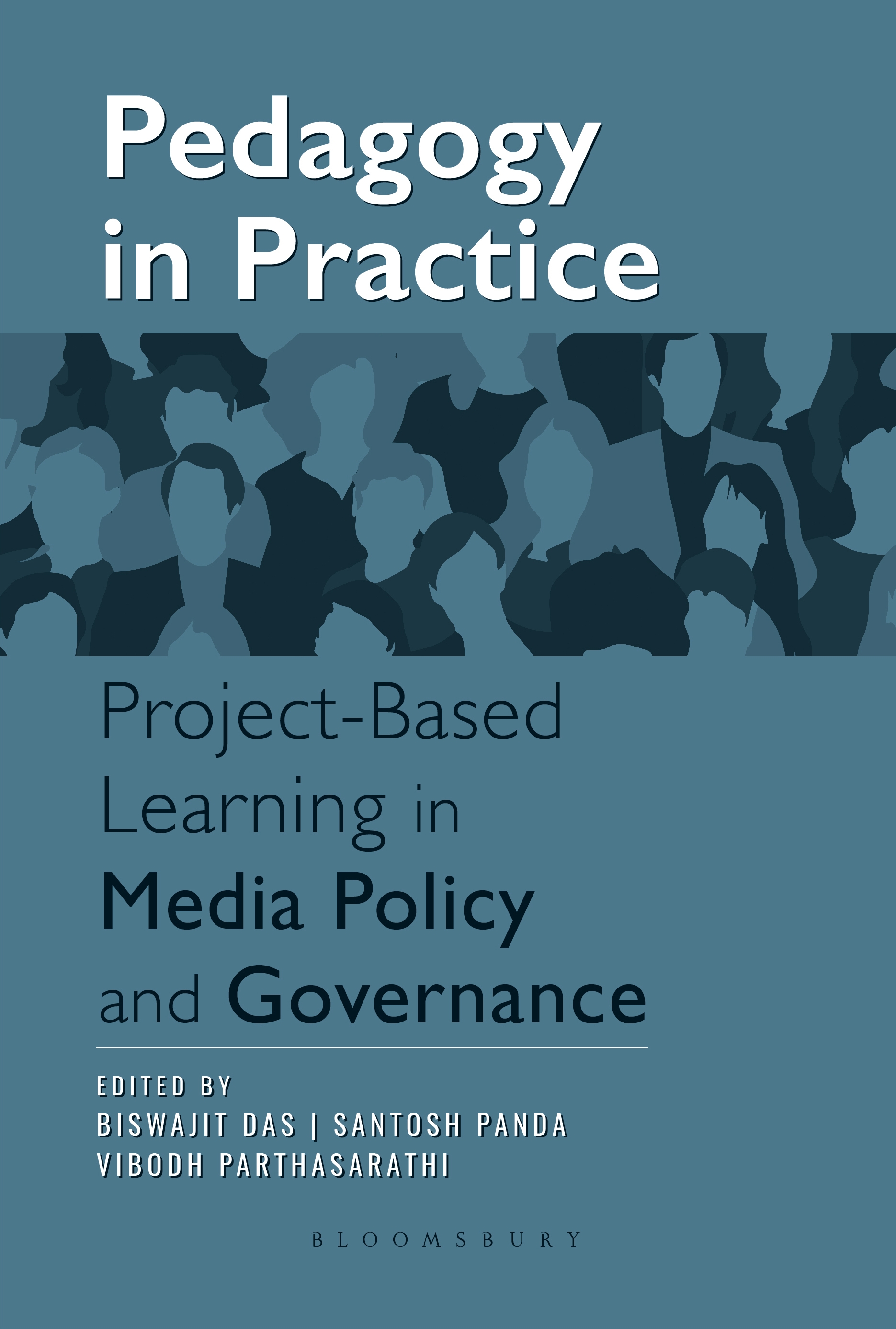Feminist scholars, and those inspired by other liberatory movements, have raised profound questions about the standard practices of social research. Arguing that established methods too often ignore and obfuscate social oppression, they search for approaches that will more adequately represent marginalized groups and the social processes that organize their lives. Liberating Method charts one researcher’s view of this project as Marjorie L. DeVault, one of the leading practitioners and teachers of feminist methodology, examines in her collection of new and previously published essays the dimensions of feminist research. DeVault believes in u0022writing carefully,u0022 that is with care (precision) and caring (empathy). In addition to essays on how women write, are silenced, and can speak up, she includes an autobiographical sketch, a discussion of u0022the self as resource,u0022 and a section on what she calls u0022excavation,u0022 or the work of recovering unrecognized or suppressed aspects of women’s experience. She explores the sources and meanings of feminist methodology, the strategies of reflexive analysis, and the issues that arise when writing and teaching feminist research. Committed to a feminism attentive to oppressions that operate simultaneously with gender, DeVault considers exclusions and distortions in feminist research and strategies for building more inclusive approaches. Including a closing essay that presents u0022practical adviceu0022 for oppositional researchers, Liberating Method reflects DeVault’s conviction that feminist insights can and should contribute to a sounder, more rigorous social science.












